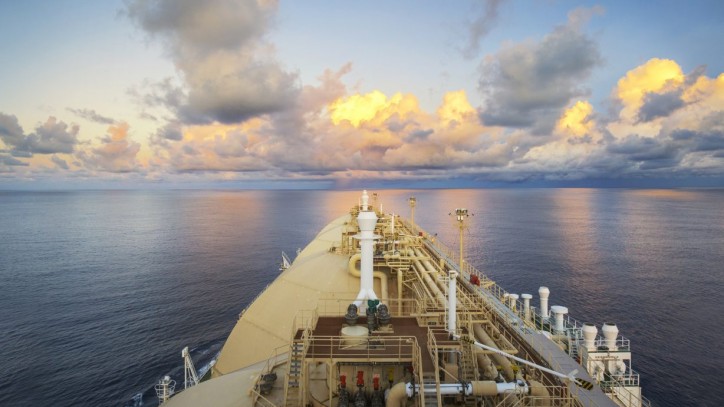SEA\LNG, the multi-sector industry coalition aiming to accelerate the widespread adoption of liquefied natural gas (LNG) as a marine fuel, yesterday announced that it has welcomed Mexico-based ÉNESTAS to its membership coalition.

With the addition of ÉNESTAS, the SEA\LNG coalition bolsters its efforts to drive forward LNG as a marine fuel, and to progress its vital role as a viable solution in the energy transition within shipping.
As the largest private LNG company in Mexico and with the largest LNG distribution network, ÉNESTAS will leverage its wealth and breadth of expertise in relation to LNG – garnered from both road and ship transportation – to support the coalition’s vision of a competitive global LNG value chain for cleaner maritime shipping by 2020.
Commenting on the latest addition to the coalition, SEA\LNG chairman and executive vice president, TOTE Inc., Peter Keller, said: “SEA\LNG continues to unite organisations from across the LNG value chain to address market barriers to LNG uptake, and to help transform the use of LNG as a marine fuel into a global reality. With several ports under development in North America, including in the Gulf of Mexico, we look forward to leveraging ÉNESTAS’ vast network and capabilities within the region to support the continued growth and investment in LNG bunkering infrastructure.”
Since launching in July 2016, SEA\LNG’s membership has grown rapidly from 13 to 34 members, demonstrating the industry’s attention to LNG as a cost-effective, safe, and environmentally friendly long-term bridging solution to a zero-emissions shipping industry.
Mr. Caio Zapata M, chief executive officer, ÉNESTAS, said: “We expect LNG to become the dominant fuel for transportation by road, rail, and sea. LNG is currently the most safe, clean, and economically viable marine fuel on the market and will continue to substitute diesel as the fuel of choice. We’re excited to be part of SEA\LNG and to work with our fellow members to promote knowledge and understanding of the full benefits that LNG has to offer.”
LNG far exceeds conventional marine fuels in terms of dramatically reducing local emissions to improve air quality and human health. It emits zero sulphur oxides (SOx), virtually zero particulate matter (PM), and compared to existing heavy marine fuel oils, LNG can emit 90% less nitrogen oxides (NOx).
With regards to greenhouse gas (GHG) emissions in the maritime sector, realistic reductions of up to 20% are achievable now with LNG. As technology continues to develop, these reductions will increase. Furthermore, LNG, in combination with efficiency measures being developed for new ships in response to the IMO’s Energy Efficiency Design Index (EEDI), will provide a way of meeting the IMO’s decarbonisation target of a 40% decrease by 2030 for international shipping.
SEA\LNG continues to advocate for collaboration of commercial and technical expertise to address market barriers to LNG uptake, and to help transform the use of LNG as a marine fuel into a global reality.
Source: SEA\LNG